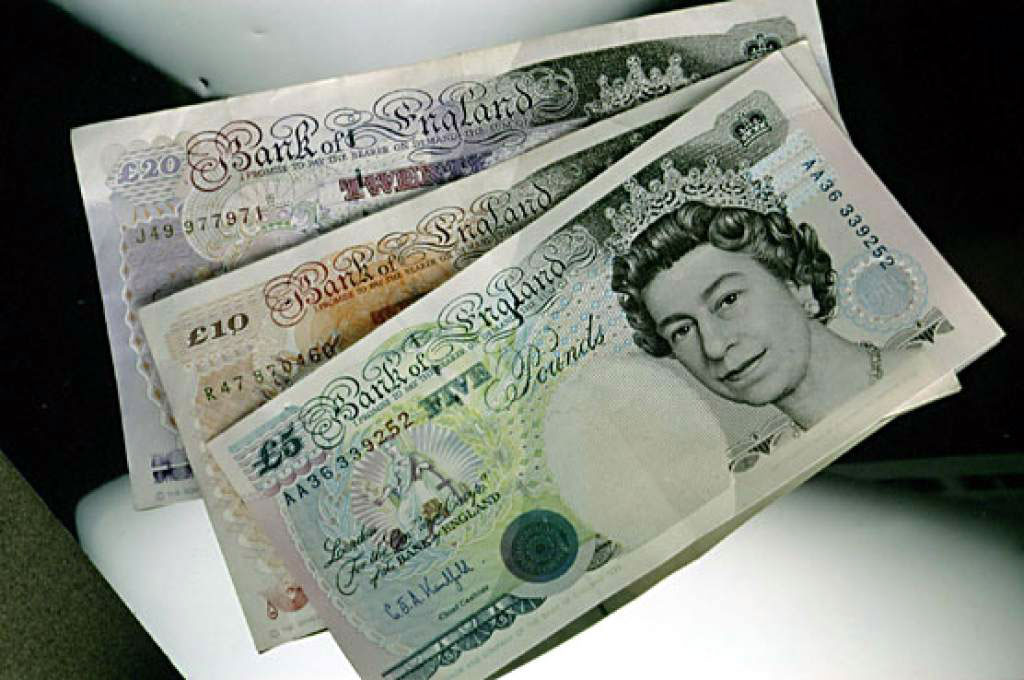Brexit, economic fears send pound to two-week lows

LONDON: Sterling hit a two-week low against the dollar on Tuesday as surveys signalled the steepest reduction in construction output since the financial crisis, while Brexit developments continued to weigh on investors' minds.
The pound was down 0.2% at $1.2615, having earlier touched a low of $1.2607 after a British construction purchasing managers' survey fell to 43.1 in June from 48.6 in May, in spite of expectations of it rising to 49.3.
Against the euro, sterling fell by 0.3% to 89.55 pence.
On Monday, Britain's manufacturing purchasing managers' index also unexpectedly fell to a six-year low, boosting investors' expectations of possible UK interest rate cuts. Bank of England Governor Mark Carney is due to speak at 1400 GMT.
Money markets are assigning a 41% probability of a quarter point UK rate cut by the end of the year
The British currency has lost 0.7% of its value against the dollar over the past week.
But falls in sterling were modest given the extent of output contraction as investors' focus remained on who is going to be the next British prime minister and the chances of the new leader striking a Brexit transition deal with the European Union before an Oct. 31 deadline.
"People have already baked in pretty weak expectations" regarding the state of the UK economy and recent mixed data "makes it quite difficult to try and judge the underlying growth," said Paul Hollingsworth, London-based UK economist at BNP Paribas.
Moreover, "markets have been focused more on politics than the economy," Hollingsworth said.
Both candidates to lead the governing Conservative party - former London mayor Boris Johnson and foreign secretary Jeremy Hunt - have promised to increase spending and cut taxes.
But finance minister Philip Hammond said a no-deal Brexit would swallow up the 27 billion pounds ($34 billion) fiscal war-chest that he has built up.
Dollar strength, following a US-China trade truce at the weekend G20 summit, added to the pound's downward move.
BNP Paribas doesn't have a sterling trade at the moment and expects further clarity on Brexit and UK economic data to shape its views, Hollingsworth said.
Others in the market have a similar approach.
Data from the Commodity Futures Trading Commission (CFTC) showed investors remain reluctant to take big positions in the pound, with both hedge funds and real money investors broadly short on the currency.




















Comments
Comments are closed.